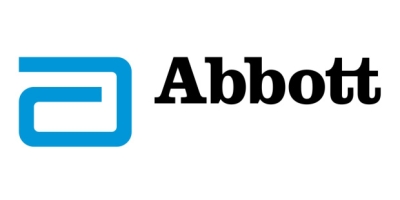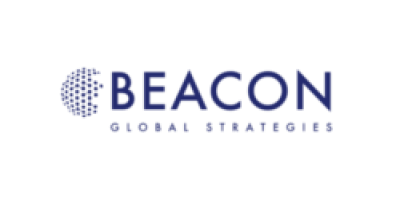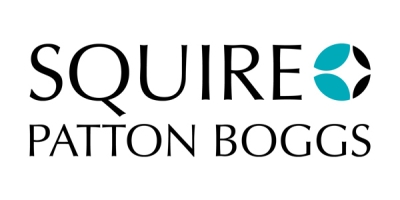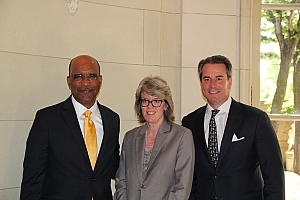Global Business @ Meridian: U.S. Department of State
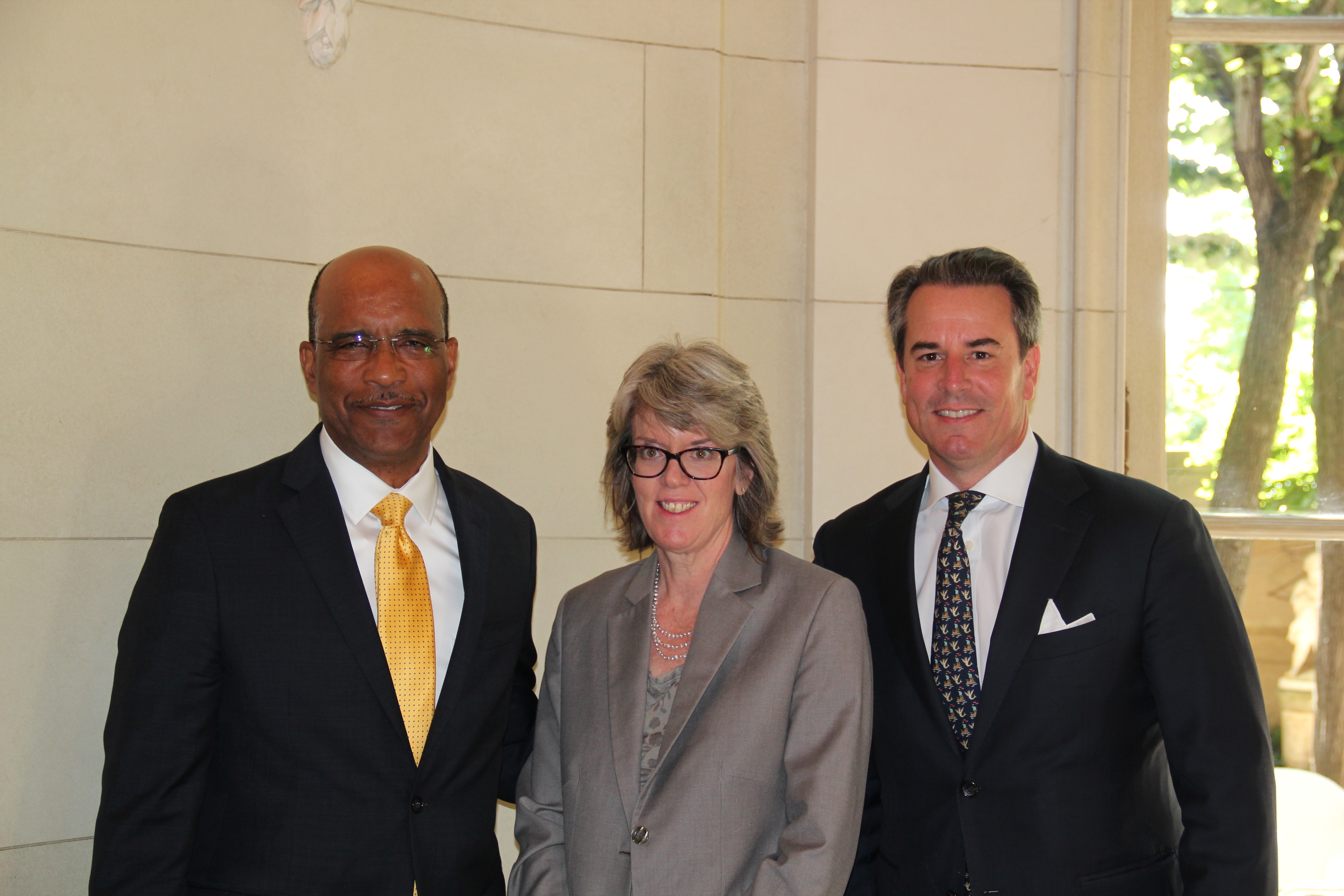
Overview
Meridian held an installment of the Global Business@Meridian breakfast series on June 28th, 2017. Hosted by Mr. Ed Lewis, Director of Public Policy for Toyota Motor North America, the program featured Ms. Amy Holman, Acting Deputy Assistant Secretary for Trade Policy and Degotiations at the U.S. Department of State, and drew 25 corporate leaders together to engage in an off-the-record dialogue on the current state of international trade policy and negotiations and what may change with the new Administration.
Sponsor
In Attendance
Corporate Council Members:
U.S. Department of State: Amy Holman
Guests: APCO Worldwide, BGR Group, Boston Scientific, Deloitte, FedEx, FTI, Podesta Group, US ASEAN Business Council, Wiley Rein
Meridian International Center: Ambassador Stuart Holliday, Puru Trivedi, Natalie Jones, Lizzy Ramey
Featured Remarks:
- Ed Lewis, Toyota
Following around-the-table guest introductions facilitated by Ambassador Stuart Holliday, Mr. Lewis re-affirmed Toyota’s commitment to building the American economy. He acknowledged that free and fair international trade policy has allowed them to invest over 22 billion dollars back into the local economy and create more jobs for the American people.
- ADAS Amy Holman, U.S. Department of State
Following Mr. Lewis’s introduction, ADAS Amy Holman offered comments on the current state of trade policy and attitudes towards international trade in the new Administration. She opened by reminding guests that all transitions take time – even 8 years ago during the last transition trade negotiations were on hold for 2 years. Despite this time of transition, America’s history of open trade policies has proven to lead to lower prices of commodities and improved living standards all over the world. A stronger and more prevalent middle class in developed and developing countries directly benefits U.S. companies doing business globally. Ms. Holman highlighted the need for companies to focus efforts on emerging markets in developing countries, as these will be the multipliers for future growth. The “low-hanging fruit” is no longer there and thus this poses a heavier lift on companies breaking into new markets and commodities. Some of the greatest challenges currently include China’s trade priorities and the changing domestic attitudes towards trade in the U.S.
Key Discussion Highlights
- Trade Facilitation: One of the main goals of the re-organization of the United States’ international trade policy is to decrease undue or unfair tariffs on goods. By doing so, more and more small and medium companies will have increased access to the various markets which will build the local and global economies. Much of the discussion around re-visiting NAFTA is centered on getting rid of many of the hurdles presented by “red tape” that would get rid of bottlenecks at borders. The U.S. should also work to increase its leverage and political capital to persuade certain countries to abide by WTO regulations.
- Trade Deficits: The new Administration has made clear that reducing trade deficits will be a priority, but the TDR is still in the review process. Although there may be some significant deficits, there are regulations and planning processes in place to offset those. For example, Korea is currently putting together a deficit fund to buy American stock.
- NAFTA: The pre-negotiation period for NAFTA should end by August 16th and Amy shared that the overwhelming message from the meetings has been, “to do no harm.” A major priority is to focus on bringing the terms up to date with modernization that has occurred since the time these were drafted, i.e. eCommerce, etc and that everyone involved would like this to be a quick process. Throughout these discussions, there has been a heavy focus on “containment” of China in the global economy.
- Domestic attitudes towards trade: Currently, many of the Democrats in the House and Senate are more in favor of free trade policies – a shift from recent political history. Additionally, younger people in America are much more likely to favor these policies as they grew up in the world of globalization and have seen directly the benefits of a more connected, free world. Many Americans today attribute an increase in unemployment to free trade policy and “outsourcing.”
- Lobbying efforts: Amy advised guests to direct their field offices to be in regular contact with U.S. embassies abroad. This way the U.S. Government can get ahead of any issues instead of reacting to them. She advised that focusing only on manufacturing jobs and goods will become outdated soon and to expand efforts to human services as well – all of the current growth has been coming from this sector (80% of the economy). The bottom line is to be persistent with decision makers and law makers and provide visual, corroborated evidence.
Meridian looks forward to working with the U.S. Department of State on future initiatives in Washington.
Project summary
| Global Business @ Meridian: U.S. Department of State | June 2017 | |
|---|---|
| Number of Attendees: | 25 |
| Impact Areas: | Business and Trade |
| Program Areas: | Diplomatic Engagement |
| Partners: | Diplomatic Corps, Private Sector |

